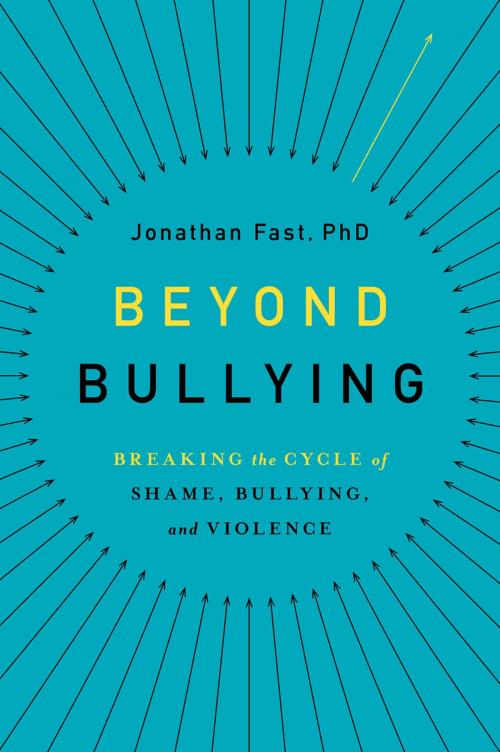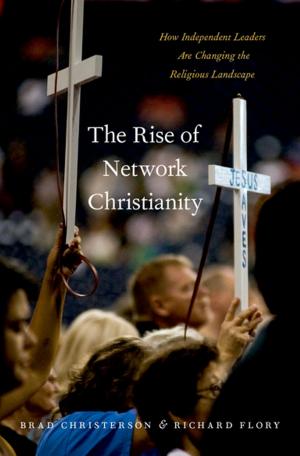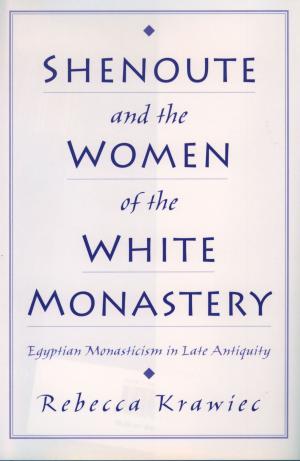Beyond Bullying
Breaking the Cycle of Shame, Bullying, and Violence
Nonfiction, Social & Cultural Studies, Social Science, Social Work, Family & Relationships, Family Relationships, Abuse| Author: | Jonathan Fast | ISBN: | 9780199383665 |
| Publisher: | Oxford University Press | Publication: | October 1, 2015 |
| Imprint: | Oxford University Press | Language: | English |
| Author: | Jonathan Fast |
| ISBN: | 9780199383665 |
| Publisher: | Oxford University Press |
| Publication: | October 1, 2015 |
| Imprint: | Oxford University Press |
| Language: | English |
The first book to integrate shame research into a single overarching theory · Why are some kids magnets for bullying? · Why do gay teens commit suicide four times as frequently as "straight" teens? · Why do we have more men and women in prison than any other country in the world? · Why are school shootings and acts of domestic terrorism on the rise? What could possibly be the theme that ties all of these questions together, which provides a window into so many aspects of the darker aspects of human behavior? In a word, shame. Shame is a powerful and complex emotion, capable of producing dramatic reactions from even the most mild-mannered people. While shame can be employed in positive ways, such as teaching children good manners, other types of shame can be devastating, or even lethal. However, few people truly understand the role of shame in acts of bullying, violence, and discrimination. In Beyond Bullying: Breaking the Cycle of Shame, Bullying, and Violence, veteran professor of social work Jonathan Fast deftly weaves together research from the fields of psychology, sociology, economics, and history to create a single overarching theory of shame. The book introduces the concept of "weaponized shame," a toxic and intentional attack on another person, noting that weaponized shame is often at the heart of bullying situations. With clear, straightforward language, Dr. Fast traces the nuances of shame through several common types of bullying, highlighting bullying based on sexuality, gender, and race. Noting the pervasive presence of weaponized shame in American culture, Beyond Bullying extends shame theory to acts of domestic violence, racism, school shootings, and domestic terrorism. The issues that cause bullying are not limited to the schoolyard, but rather are responsible for horrific acts of violence across the nation. Beyond mere theory, the book provides concrete suggestions for healthy ways of dealing with shame, including techniques for diffusing potentially harmful situations. An invaluable resource for parents of bullied children, Beyond Bullying will also appeal to teachers, counselors, and social workers.
The first book to integrate shame research into a single overarching theory · Why are some kids magnets for bullying? · Why do gay teens commit suicide four times as frequently as "straight" teens? · Why do we have more men and women in prison than any other country in the world? · Why are school shootings and acts of domestic terrorism on the rise? What could possibly be the theme that ties all of these questions together, which provides a window into so many aspects of the darker aspects of human behavior? In a word, shame. Shame is a powerful and complex emotion, capable of producing dramatic reactions from even the most mild-mannered people. While shame can be employed in positive ways, such as teaching children good manners, other types of shame can be devastating, or even lethal. However, few people truly understand the role of shame in acts of bullying, violence, and discrimination. In Beyond Bullying: Breaking the Cycle of Shame, Bullying, and Violence, veteran professor of social work Jonathan Fast deftly weaves together research from the fields of psychology, sociology, economics, and history to create a single overarching theory of shame. The book introduces the concept of "weaponized shame," a toxic and intentional attack on another person, noting that weaponized shame is often at the heart of bullying situations. With clear, straightforward language, Dr. Fast traces the nuances of shame through several common types of bullying, highlighting bullying based on sexuality, gender, and race. Noting the pervasive presence of weaponized shame in American culture, Beyond Bullying extends shame theory to acts of domestic violence, racism, school shootings, and domestic terrorism. The issues that cause bullying are not limited to the schoolyard, but rather are responsible for horrific acts of violence across the nation. Beyond mere theory, the book provides concrete suggestions for healthy ways of dealing with shame, including techniques for diffusing potentially harmful situations. An invaluable resource for parents of bullied children, Beyond Bullying will also appeal to teachers, counselors, and social workers.















